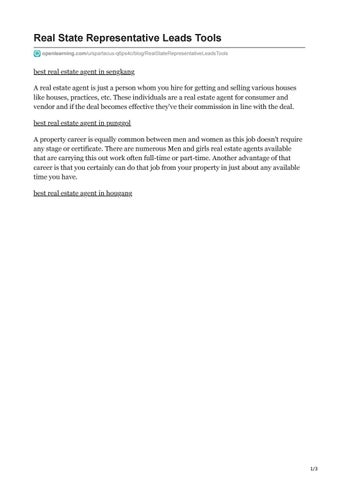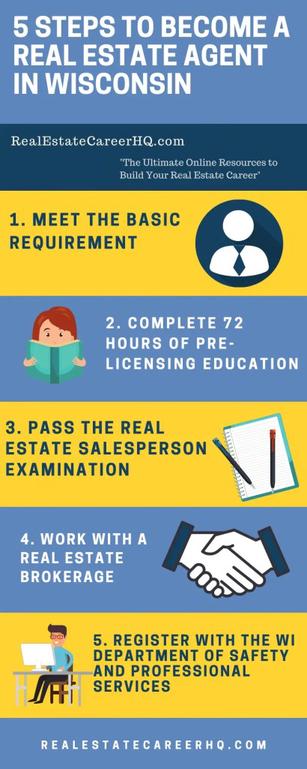
You have many options and many things to think about when you're thinking of buying a home. You'll need to save for the down payment, find a house in a good school district, and make sure that the mechanics of the house are sound. It's also important to consider the local culture and small businesses. Lastly, make sure that the mortgage payment is something you can comfortably afford. You don't want to purchase a home that is too costly.
Saving for a down payment
If you're saving for a down payment on a new home, the best place to keep it is an FDIC-insured savings account. These accounts offer higher interest rates than average and easy access. But if you're buying a home in the long term, it may make more sense to invest your money in the market, which can yield a higher return.

Start by calculating the income. Find out how much money your monthly income is and add the income of your partner, if any. You can review your bank statements or credit card bills.
Find a house near a great school district
Although the location of the school is a major factor when purchasing a house for the family, it's not the only thing that matters. It is also important to consider factors like commute time and school quality. It is important to reflect on all of these aspects and be willing to make sacrifices.
First, it is important to find a property in a great school district if you are buying a home for yourself or your family. This will make it more attractive and easier to sell. A good school system will ensure that your children get the best education if you are looking to buy a house. Special programs are available in certain school districts for children with special educational needs.
A home inspection
It is crucial to have a home inspection done before you purchase a house. It gives you a sense you are in control and can help you negotiate with the seller. A well-maintained property is worth buying. However, if there are any issues, the inspector's inspection report can help to negotiate a fair price or convince a seller to fix them.

A home inspection that reveals serious problems such as a leaky heater or other issues could allow you to negotiate with the seller to reduce the price or make repairs. You can also walk away from the deal if you don't want to pay for the repairs. Often, the seller will agree for a home examination as part of the contract.
FAQ
Do I require flood insurance?
Flood Insurance covers flood damage. Flood insurance protects your possessions and your mortgage payments. Learn more about flood coverage here.
What is a Reverse Mortgage?
Reverse mortgages are a way to borrow funds from your home, without having any equity. It works by allowing you to draw down funds from your home equity while still living there. There are two types of reverse mortgages: the government-insured FHA and the conventional. With a conventional reverse mortgage, you must repay the amount borrowed plus an origination fee. FHA insurance covers repayments.
How can I get rid Termites & Other Pests?
Over time, termites and other pests can take over your home. They can cause severe damage to wooden structures, such as decks and furniture. You can prevent this by hiring a professional pest control company that will inspect your home on a regular basis.
Is it possible fast to sell your house?
It might be possible to sell your house quickly, if your goal is to move out within the next few month. But there are some important things you need to know before selling your house. First, you need to find a buyer and negotiate a contract. Second, you need to prepare your house for sale. Third, you need to advertise your property. You should also be open to accepting offers.
Statistics
- This seems to be a more popular trend as the U.S. Census Bureau reports the homeownership rate was around 65% last year. (fortunebuilders.com)
- When it came to buying a home in 2015, experts predicted that mortgage rates would surpass five percent, yet interest rates remained below four percent. (fortunebuilders.com)
- Based on your credit scores and other financial details, your lender offers you a 3.5% interest rate on loan. (investopedia.com)
- Private mortgage insurance may be required for conventional loans when the borrower puts less than 20% down.4 FHA loans are mortgage loans issued by private lenders and backed by the federal government. (investopedia.com)
- The FHA sets its desirable debt-to-income ratio at 43%. (fortunebuilders.com)
External Links
How To
How to Find an Apartment
The first step in moving to a new location is to find an apartment. This takes planning and research. This involves researching and planning for the best neighborhood. While there are many options, some methods are easier than others. The following steps should be considered before renting an apartment.
-
Online and offline data are both required for researching neighborhoods. Online resources include websites such as Yelp, Zillow, Trulia, Realtor.com, etc. Local newspapers, real estate agents and landlords are all offline sources.
-
Review the area where you would like to live. Yelp. TripAdvisor. Amazon.com all have detailed reviews on houses and apartments. Local newspaper articles can be found in the library.
-
For more information, make phone calls and speak with people who have lived in the area. Ask them what they loved and disliked about the area. Also, ask if anyone has any recommendations for good places to live.
-
Consider the rent prices in the areas you're interested in. If you think you'll spend most of your money on food, consider renting somewhere cheaper. You might also consider moving to a more luxurious location if entertainment is your main focus.
-
Find out all you need to know about the apartment complex where you want to live. It's size, for example. What is the cost of it? Is the facility pet-friendly? What amenities are there? Is it possible to park close by? Are there any special rules for tenants?